The Power of Being Powerless
by Fr G. Chris Saenz
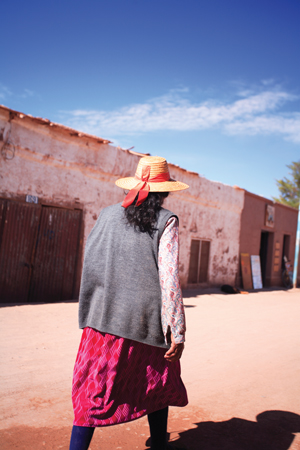
A Chilean Woman
Father Saenz, a frequent contributor to MISYONonline.com, was ordained in 2000. He is from Omaha, Nebraska, USA, where the Columban headquarters in that country are located. He spent part of his formation period in the Philippines. Here he tells an extraordinary story of welcoming new life.
Three or four years ago I was in Tasmania, Australia, for mission promotion work. A school girl in St Patrick’s Catholic College of Launceston asked, ‘What is the hardest thing about working with people in poverty?’ The question stumped me a bit and made me think. Generally, it’s the youth who ask the deep theological questions. After reflecting for a moment, I answered her, ‘the feeling of being powerless to change the situation of the person in poverty’.

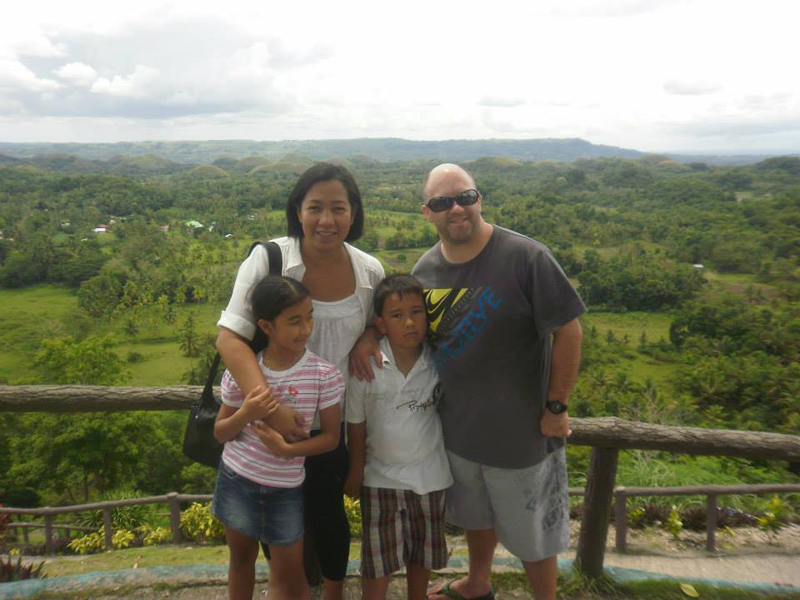
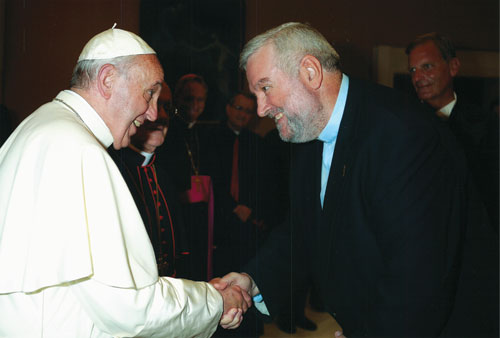
 The author is a Columban from Brisbane, Queensland, Australia, who has worked in Chile and in Britain. For the past fifteen years he has been in Corpus Christi
The author is a Columban from Brisbane, Queensland, Australia, who has worked in Chile and in Britain. For the past fifteen years he has been in Corpus Christi 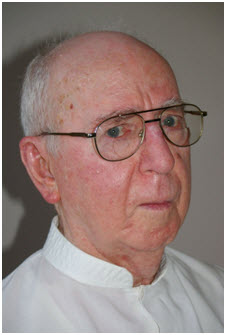



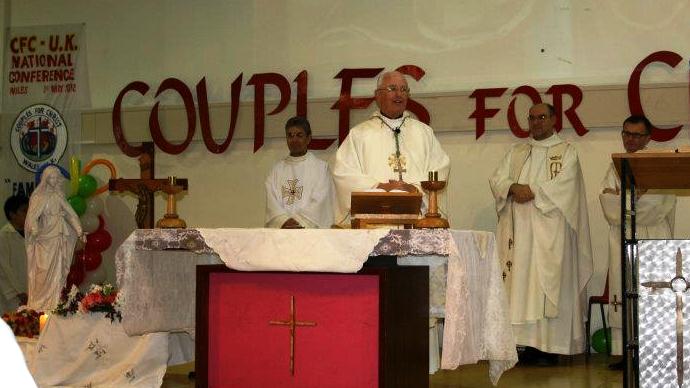
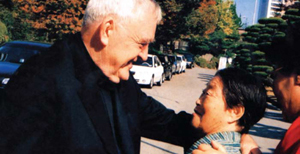 Columban Fr Noel O’Neill, spoke to the staff of our mission office in Essendon, Melbourne, Australia, about his experience with intellectually disabled people in Korea. Father Noel arrived in Korea in 1957, not long after the Korean War ended in 1953. The whole country had been devastated by war and was still in the throes of reconstruction. Like most Columbans at that time in Korea, Father Noel began his mission work building up and running parishes; this was his mission for 24 years.
Columban Fr Noel O’Neill, spoke to the staff of our mission office in Essendon, Melbourne, Australia, about his experience with intellectually disabled people in Korea. Father Noel arrived in Korea in 1957, not long after the Korean War ended in 1953. The whole country had been devastated by war and was still in the throes of reconstruction. Like most Columbans at that time in Korea, Father Noel began his mission work building up and running parishes; this was his mission for 24 years.